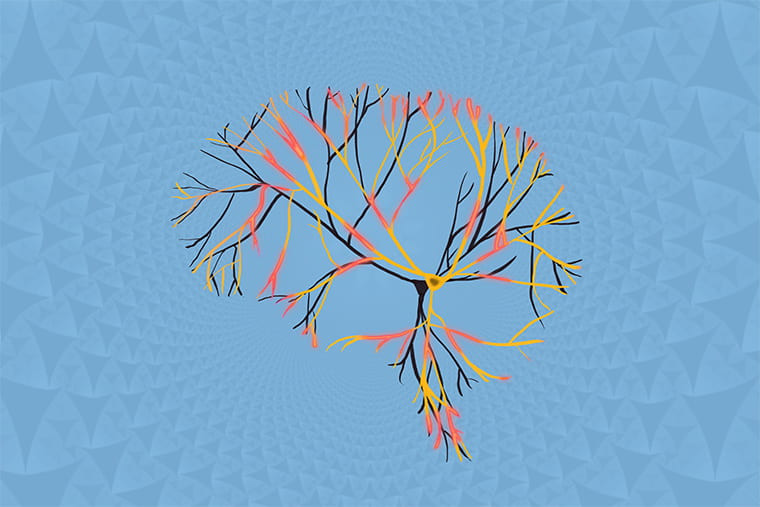People exposed to trauma in childhood or even adulthood may be at a much higher risk of cognitive decline later in life, according to new research.
Appearing in the Journal of Traumatic Stress, a group of researchers from Brandeis University published their findings on trauma exposure, which involved more than 2,000 adult participants. Aged 28 to 84, the participants were derived from the Midlife Development in the U.S. study.
During the study, the participants were handed a list of a dozen scenarios portraying an array of traumatic events. Once they scoured through them all, any past experiences or negative impacts of such scenarios were instructed to be acknowledged.
The list of events included marital problems, death of a loved one, emotional or physical abuse, substance misuse, combat experience, and exposure to natural disasters.
“Accumulating evidence suggests that lifetime trauma exposure is associated with adulthood cognitive functioning. However, the nature and extent of this relation have yet to be fully explored,” writes Kristin Lynch, and her colleagues, in their findings.
“We used multilevel modeling to examine trauma exposure and age at first trauma exposure as predictors of the level of and change in cognitive functioning over a 9‐year period.”
Additional assessments were conducted, in which questionings that assessed cognitive abilities had been initiated throughout the course of the study. The cognitive abilities assessed implicated two areas: executive functioning and episodic memory.
The exposure experienced by the participants led to predictive changes in both of those areas. For instance, in the findings, it was determined that an increase in traumatic events led to greater declines in both executive functioning and episodic memory.
Moreover, the findings also showed that people exposed to trauma later in life were at a higher risk of decline in executive functioning compared to people exposed to trauma at an earlier stage in life.
Although the cause of cognitive impairment in these participants are not fully known, it is likely to be correlated with chronic stress and depression, as both are known to impair cognitive functioning.
The co-authors concluded in their results: “These findings identify trauma exposure as a risk factor for cognitive decline in adulthood and highlight the elevated risk associated with adulthood trauma exposure.”


